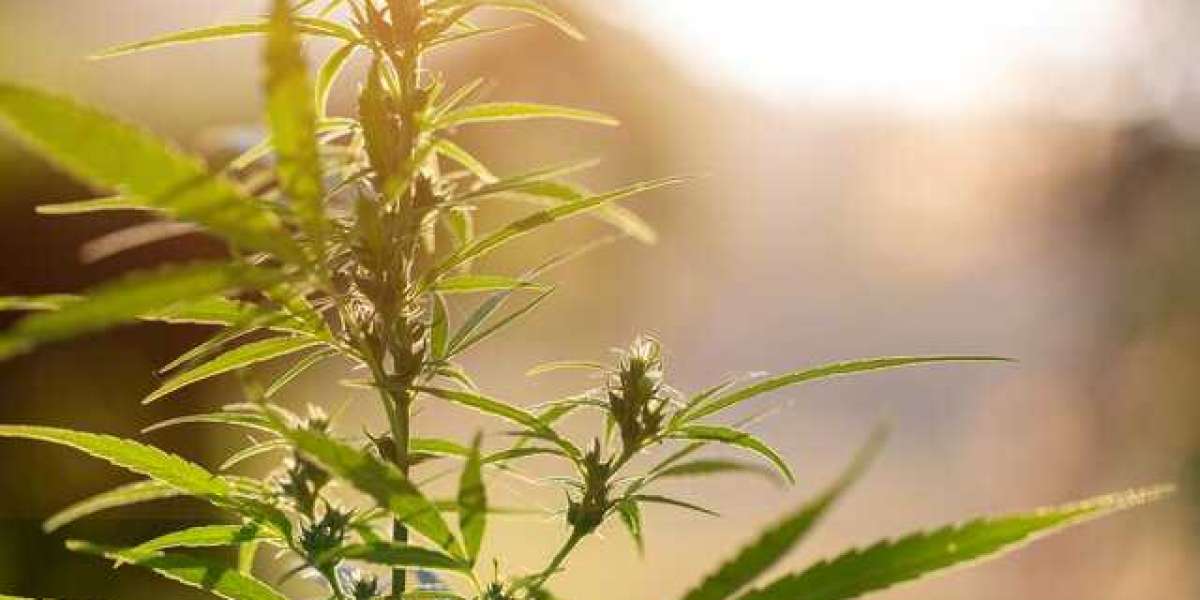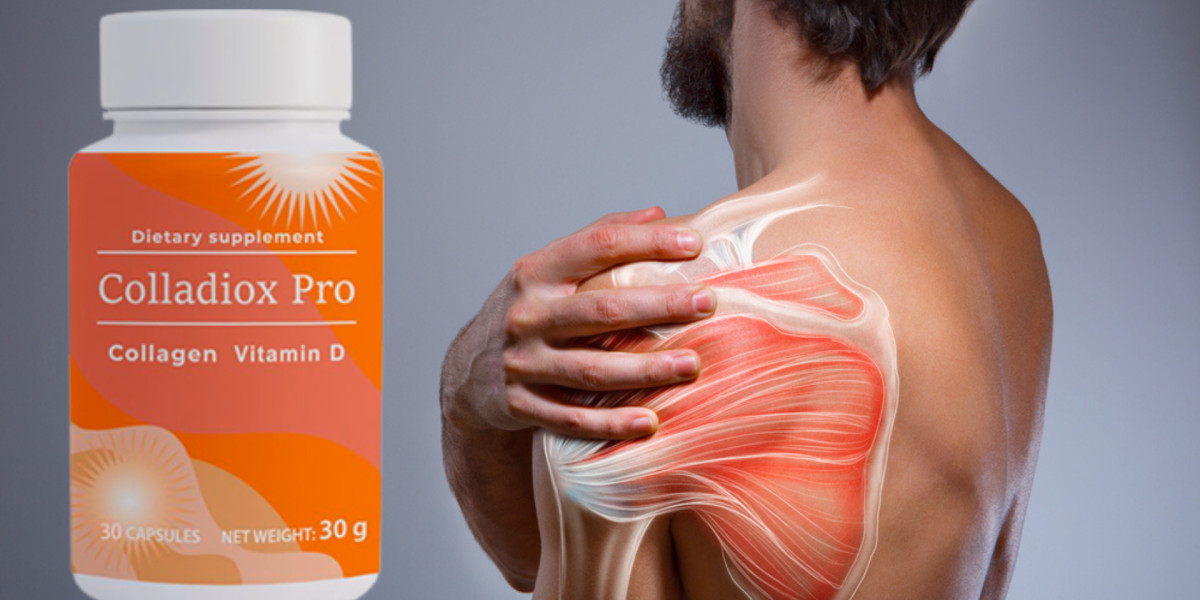Marijuana is a powerful drug with several effects. It can help to relieve pain, treat depression and anxiety, and even alleviate the symptoms of nausea. However, it can also have adverse side effects.
Cannabidiol (CBD)
Cannabidiol (CBD) is one of more than forty cannabinoids found in the marijuana plant. These compounds interact with cannabinoid receptors located in the brain, regulating a variety of functions.
THC, a chemical in cannabis, is known to get you "high." The substance can also have other effects that may be harmful.
THC can cause anxiety and psychosis. It is also an appetite stimulant and can increase abdominal visceral fat.
Cannabidiol can alleviate the symptoms of a variety of medical conditions. For example, it has been proven to decrease pain and inflammation. In addition, it can improve the quality of sleep.
Research has shown that using cannabis can lower your body mass index. It has also been linked to a reduced ability to concentrate and learn.
THC
THC is a psychoactive compound found in marijuana. This chemical substance binds with receptors in the endocannabinoid system to produce a high, which is the euphoric sensation experienced when smoking or eating marijuana.
As marijuana has become more widely used, the content of THC has also increased. Today, the average level of THC in marijuana is 15 percent.
The chemical THC is one of many compounds contained in marijuana. It has a wide range of effects. Some of the most common are sedation, reduced blood pressure, and a decrease in heart rate. Other effects include drooling, shakiness, and red eyes.
The THC in marijuana may also interfere with brain functions such as memory, decision-making, and coordination. In some cases, it can even cause psychosis.
Placenta
The placenta plays a key role in the development of the fetus. It is a highly vulnerable organ that can be affected by environmental factors. Placental dysfunction can lead to abnormal fetal development. A study has shown that exposure to THC during pregnancy has a negative effect on placental vascular function.
There is a definite need to understand the vascular effects of cannabis during pregnancy. While the exact mechanisms are unknown, the changes may contribute to growth restriction in offspring.
In order to understand the vascular effects of prenatal cannabis exposure, researchers tested placental cells of human and rodent models. They examined the impact of daily pre-conception THC intake on fetal vasculature and growth.
Mental health problems
Marijuana is a drug that affects the mental health of people. It has been found to trigger psychosis in both schizophrenia and non-schizophrenic people.
Marijuana affects the brain chemistry, leading to increased anxiety and depression. In addition to these symptoms, it can lead to psychological dependence. This is why it is important to talk to a doctor about using cannabis. You should also learn the risks of using marijuana.
The onset of marijuana use in teenagers is associated with lower test scores, low grades and poor peer relationships. Teenagers who try to commit suicide are more likely to have used marijuana.
The risk of psychosis is greater in those who use marijuana more frequently. Chronic marijuana users have been shown to have a decrease in IQ.
Overdose side effects
Marijuana overdose is a dangerous occurrence, and if you have used marijuana you need to be aware of the dangers. There are many forms of the drug, from smoke to edibles, and they come in various concentrations.
The risk of overdosing on marijuana is greater for children. It is important to keep your kids safe, whether you are using it yourself or not. They may need to be hospitalized for treatment.
If you are overdosing on marijuana, don't hesitate to call 911. You should also drink plenty of water to avoid dehydration.
A mild overdose will not require critical care. However, a more severe overdose can lead to respiratory distress and other serious complications.
Cannabis laws in the U.S.
In addition to federal laws, there are state-level cannabis measures that will continue to shape the future of marijuana laws in the U.S. Some of these measures are in the ballot box.
One of these ballot measures is Initiative Measure 27, which allows individuals to own up to six cannabis plants per private property. However, the measure does not include a regulatory framework for cannabis products.
The National Center for Natural Products Research, an educational organization affiliated with the School of Pharmacy at the University of Mississippi, has cultivated cannabis through a contract with the National Institute on Drug Abuse. This allows researchers to study the plant's therapeutic potential.



